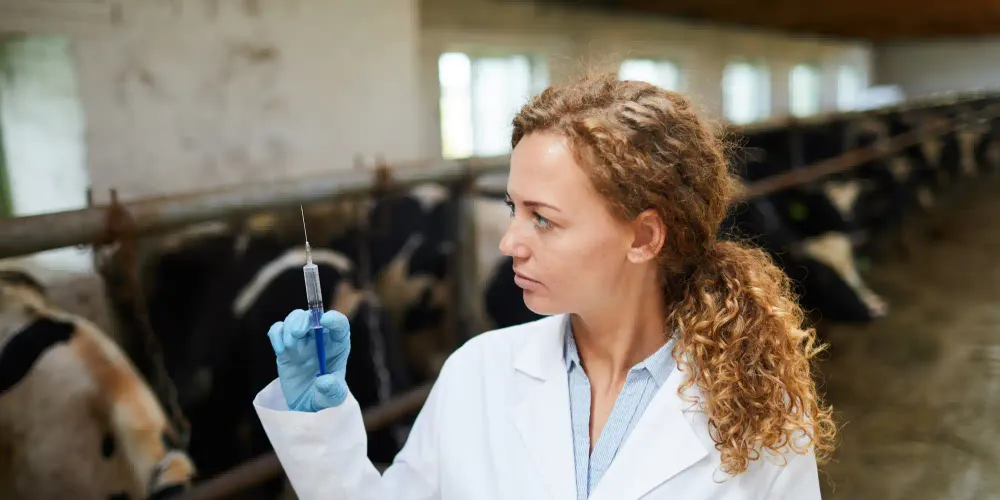Issue 45 • Week of November 20, 2022
Americans on average just consumed 4,500 calories on Thanksgiving – about twice our daily recommended intake. That alone is not quite enough to gain an entire pound in one day since that takes 3,500 calories beyond our suggested allotment of 2,000-2,500 (meaning 5,500-6,000 in total).
If you can restrict your indulgences to Thanksgiving and Christmas, then you might think you will be able to escape the consequences. We certainly shouldn't downplay the importance of coming together over a meal after a difficult few years. However, studies have shown people tend to keep the weight they gain between Thanksgiving and New Year's. Over the course of a decade, that leads to an extra 10 to 20 pounds and can tip the scales toward increasing health problems such as diabetes, heart disease, stroke, and cancer.
Neither overeating over the holidays nor obesity is uniquely American, but the latter is a public health crisis now affecting more than 4 of every 10 US adults.
Scientists recommend a planetary diet and 12,000 steps per day to stay active. Critically, they agree that our inability to lose weight is not a personal failing and did not discuss fads, cleansing, or fasting at a recent conference discussing food policy. Childhood obesity has been accurately predicted in infants as young as 6 months old, so it is hard to imagine blaming babies or even parents before they feed their kids any solid foods.
How are we putting on extra weight so early or unable to shed it later and how can we overcome obesity as a society?
This content is only available to members
Sign up for free to read the potential solutions for this topic and find out what you can do today for a better tomorrow or pre-order our second book that will compile 100 issues on making a difference.
Unlock contentAlready have an account? Sign In



